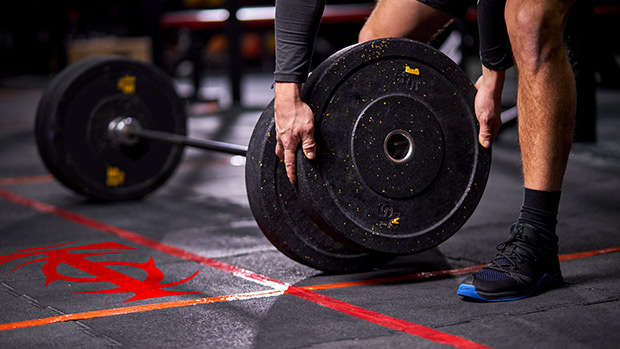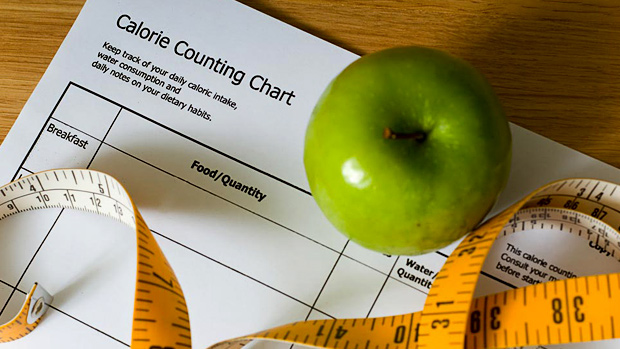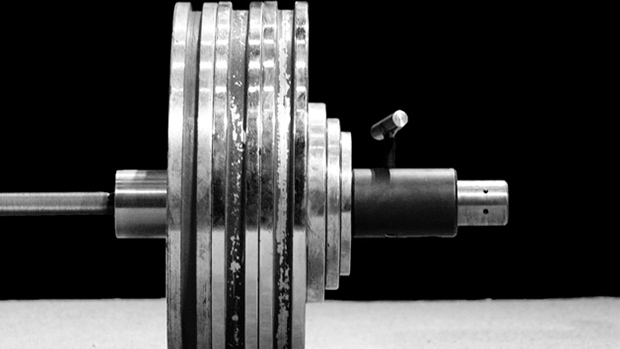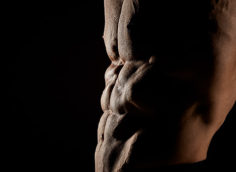The Skinny Fat Epidemic
There's endless information on how scrawny people can build muscle and even more information on how chubby people can lose fat. But what if you're struggling with both? Lacking muscle and carrying excess adipose tissue makes a person skinny fat, and it's an epidemic.
Let's break down the causes and solutions.
Doctors often tell skinny-fat people they're at a "healthy" weight, but in reality, they have so little muscle that their fat simply offsets that weight. In other words, their weight is normal on paper, but their body composition is trash.
A few key things contribute to this, but the main cause is poorly-executed dieting cycles. Most people focus on weight loss, which leads them to unsustainable forms of dieting. These plans usually have little protein (or calories in general) and are frequently accompanied by excessive cardio with no strength training.
The result? They lose weight and precious muscle mass in the process. Muscle – and the process of building it – is calorically costly. It also increases metabolism and acts as a glucose disposal site. Losing muscle makes your dieting efforts even harder.
Once you inevitably stop the diet, you'll be a smaller person with lower caloric needs. (Bigger bodies require more calories for daily activity.) You'll have lost muscle too, which will also decrease energy expenditure. So even if you eat the same amount of calories as before you started the diet, you'll now be in a caloric surplus, and your body will be ready to store those calories.
Not only will the caloric surplus cause fat gain, but most people who've been dieting hard are also tempted to binge after the diet. The caloric surplus starts off with a bang.
At this point, the dieter will have more fat and less muscle than before they started. Out of desperation, they'll often look for an even more extreme diet with even worse effects. The cycle repeats, and the person's body composition gets exponentially worse each time because they never learned their lesson.
When you diet, you can't afford for it to go wrong, especially if you've struck out several times already. Stop looking for quick fixes because they don't exist, at least not without major consequences.
There's good news? You can fix a lack of muscle and excess body fat in one cycle. It might be a long cycle, but you can do it.
If skinny fat is the sickness, recomposition is the remedy. You'll lose fat and build muscle at the same time, which is certainly possible if done correctly. (An already lean, muscular lifter can't do this because the majority of his potential gains have already been made.)
Having excess body fat and rebuilding lost muscle isn't too difficult, especially if you're relatively new to strength training. Here are your solutions.

The most important thing you need to do is strength train optimally with progressive overload. When strength training is done right, it gets you stronger and sends a signal to your body to grow muscle.
That signal is pivotal because as your body builds muscle, it'll use some of your stored body fat as energy. To be clear, fat is not turning into muscle. Fat is being used as fuel to fund the energy it costs during the muscle-building process.
That muscle-building process can't happen with suboptimal strength training. Only progressive strength training sends a strong enough signal for muscle growth.
Unfortunately, most people spend their lives doing cardio and boot-camp classes, then wonder why their bodies aren't "toned" or chiseled like lifters. Don't start running marathons or doing lots of HIIT either. That just makes you an athletic skinny-fat person. Instead, lift hard and get stronger. There are hundreds of free programs and coaches to help you do that.

Calories are the energy blocks of nutrition. Tracking calories is important because you need to consume a slight deficit to transform your skinny-fat body.
And yes, tracking does involve some upfront work. The alternative is to follow some random diet. Even if your food choices are great, your energy balance might be off, defeating the purpose.
Energy balance matters so much because if you end up eating in a surplus, you don't lose body fat. If you eat in too deep of a deficit, the muscle-building signal won't be strong enough to construct new muscle. The goal is to do both at the same time, so consistently staying in a slight deficit is the sweet spot.
- If you're losing 0.75% or less of body weight on average per week, you're on the right track.
- If you're losing too much too fast, add more calories.
- If you're not losing at all, drop calories, roughly 300 per day.
It's not rocket science, but you do need to be consistent with execution and monitoring.

Protein is a bit misunderstood. While it's extremely important, it doesn't stimulate muscle growth by itself, at least not to any tangible degree. Protein is simply the building block for muscle growth. It can't be used if you don't stimulate any growth through strength training.
That said, it's still the most important macronutrient to provide material for muscle mass. You'll need a minimum of 0.8 grams per pound of body weight per day to ensure you have more than enough resources to construct more muscle mass. As a bonus, protein is the most filling macronutrient, which helps you handle that caloric deficient.

Once you get the foundational stuff taken care of, here's everything else you need. Some of these impact people more profoundly than others, so don't be surprised if one of these is the missing link to transforming your physique.
- Sleep: We have studies to show sleep alone can recomp you. Consistent, high-quality sleep will optimize your hormones and help your body build muscle and lose fat.
- Micronutrients: Calories and protein are not the end-all-be-all of nutrition. Every vitamin and mineral primes your body to perform, recover, and stay healthy. Eat a mostly whole food diet so you're not deficient in any micronutrient.
- Stress Management: Excess stress will elevate your cortisol, a stress hormone that can hinder sleep, recovery, and muscle growth. So get your stress under control, bro.
You didn't spontaneously wake up skinny fat. Over the course of your life, you gained body fat and lost muscle until you realized, "Holy snaps, I look both frail and squishy!"
Just like any fitness goal, recomposition is a slow process, especially if you have a lot of fat to lose and a lot of muscle to gain. Don't make it slower by cutting corners because it will amplify the skinny-fat cycle.
It's possible to harden up a soft body, and with a little patience and effort, you'll get there before you know it.




